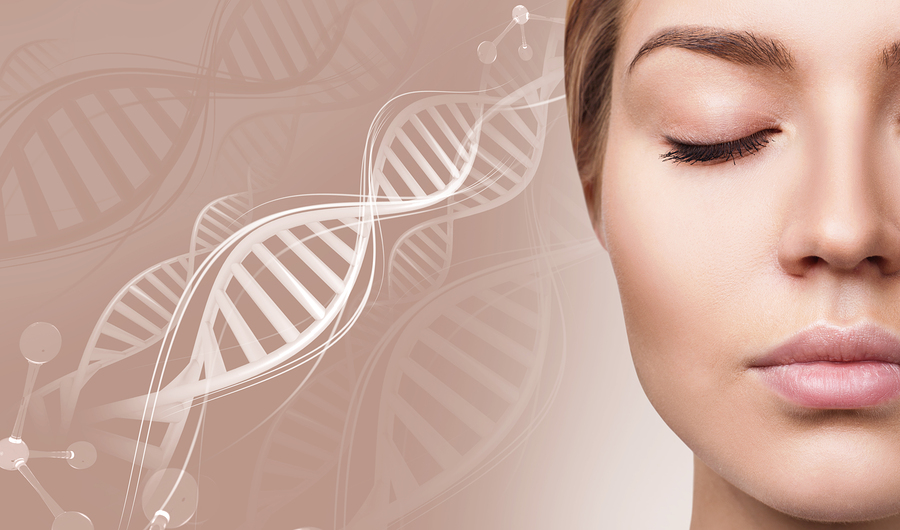The human body is a remarkable and complex system, with the ability to heal, adapt, and grow. However, one mystery that scientists have been trying to unravel for centuries is the enigma of lifespan. Why do some organisms live longer than others? And how can we increase our own lifespan?
Scientists have long studied various theories and factors that could potentially influence lifespan, including genetics, diet, exercise, and environment. However, a recent discovery in the field of biology has shed new light on this elusive subject – the Verso cell.
The Verso cell was first identified by a team of researchers studying aging in fruit flies. They found that these cells not only possessed unique characteristics but also played a crucial role in determining an organism’s lifespan.
What makes these cells so special? Unlike other cells in our bodies that replicate themselves endlessly until they eventually die off or malfunction due to old age or disease; verso cell being cells possess an internal “clock” which determines their own fate.
This clock switches on when the cell reaches maturity and starts counting its divisions. Once it reaches its designated number of divisions – depending on various factors such as species and environmental conditions – it self-destructs through a process known as apoptosis.
But what does this mean for overall lifespan? The answer lies within other types of tissues where Verso cells are present. These tissues contain versatile stem cells that can regenerate different types of specialized cells throughout an organism’s lifetime – some replenishing skin and blood while others maintain muscle tissue.
Once we reach maturity (usually around 25 years old), our bodies undergo significant changes affecting how many specialized units we have left.
As our stem cells dwindle, so does our body’s ability to repair and regenerate itself, leading to the signs of aging we see in our physical appearance.
This is where scientists discovered the groundbreaking potential of Verso cells. By manipulating and resetting the internal clock of these cells that inhabit tissues throughout our bodies, it could potentially lead to an increase in lifespan by delaying or reversing the aging process.
Moreover, this discovery also has implications for age-related diseases such as Alzheimer’s and Parkinson’s. By replenishing stem cell reserves through targeting Verso cells could potentially prevent or slow down these diseases’ progression.
In conclusion, the enigma of lifespan may have finally been deciphered with the discovery of Verso cells. While there is still much research needed in this area, it holds promising hope for extending human life and improving overall health as we age. The journey towards unlocking this mystery has just begun – but with every passing day comes new developments in understanding Verso cells and their role in influencing lifespan.

